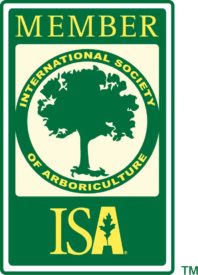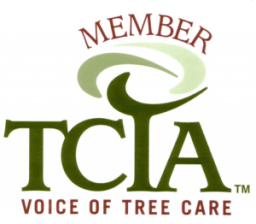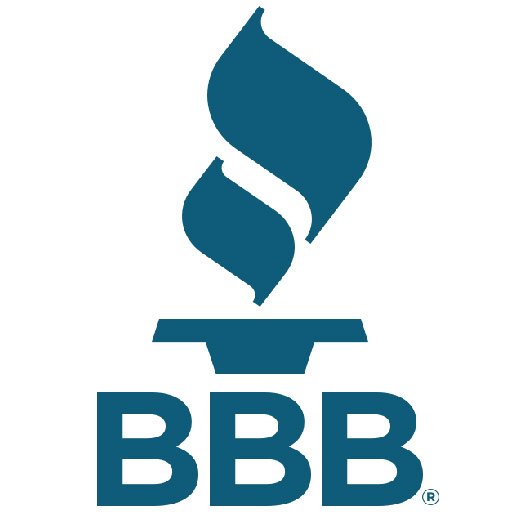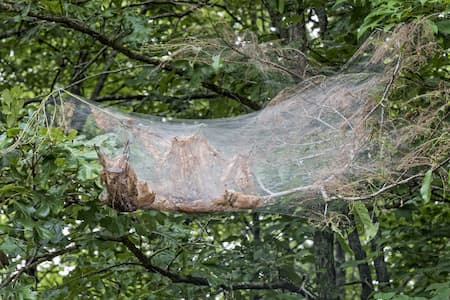READ MORE: Aphids・Bagworms・Beetles・Gypsy Moth・Oak Gall・Termites・Twig Girdlers・Webworms
Webworms Treatment in Fort Worth, TX
ISA Certified Arborist That Treats Webworms
Webworms are exceptionally common throughout Fort Worth and the DFW area. They can swiftly turn your entire outdoor grounds into a visually undesirable state. These caterpillars spin white webbing bag nests in tree branches and hide within to protect themselves from bird predators while they eat your tree foliage. Favored host trees of webworms include oak, elm, pecan, hickory, poplar, and many other popular tree varieties.
These worms reproduce rapidly and will quickly overtake your entire residential outdoor environment. An experienced tree company should be contacted promptly when you first observe these white webbed bags. Although webworms generally do not destroy trees, they must be treated immediately by a tree doctor to prevent serious damage.
Webworms Treatment in Fort Worth, TX, call (817) 880-6130 for a Webworm diagnosis!
Diagnosing Webworms
Maintaining the health of your trees and their root systems is of prime importance because your trees will be more resistant to tree diseases and insect infestations. Webworms tend to target trees that have been stressed, weakened, and wounded, as the majority of tree diseases and insect pests do. They endure through the winter months in cocoons strewn amongst leaf ground debris and hidden in deep cracks in tree bark. Trees become much more vulnerable to other tree ailments when infested with webworms; therefore, contact Tree Care professional and request an official diagnosis. A certified arborist will examine the tree and outdoor grounds and complete a tree evaluation report. The treatment needed will be administered by an arborist that treats sick trees.
Treatment Of Webworms
A professional tree company must clean habitat grounds, and dead branches, bark falling, and dead leaves must be removed and destroyed. Webbing bags must be removed and broken apart to expose the caterpillars to bird predators. Regularly-scheduled pruning by a tree pruning service eliminates infested branches and prevents insect pests from spreading. Deep root fertilization boosts the health of trees by 95% when administered annually. The highly-skilled tree expert injects under pressure the liquid nutrients that the tree requires directly into its root zone. Soil aeration occurs by the injected oxygen.
Your trees increase your property value tremendously and beautify your residential outdoor grounds. Entrust the care of your trees and outdoor grounds to the best arborist in Fort Worth, Texas. Our certified arborists, tree doctors, and arbor care professionals adhere to the high standards of tree health care. We are devoted to providing you with the best tree and plant health care at the best price.
Contact Us For Webworms Treatment in Dallas-Fort Worth, TX
Contact the best arborist in Fort Worth, Texas, at (817) 880-6130 and schedule your complimentary consultation. Our team of highly experienced and knowledgeable certified arborists, tree doctors, and arbor care professionals are devoted to caring for the trees within our community and providing you with the best service at the best price.
If you have Webworms on your property, call (817) 880-6130 for a free consultation from a certified arborist in Fort Worth, TX.
Tree Insects
Listed below are common tree insects (pests) found in Texas trees.
Aphids
A white soft body insect that creates a sticky "honey dew" structure on limbs or leaves, blocking nutrients.
Bagworms
Bagworms lay eggs that create small cone-shaped structures less than three inches in length.
Beetles
An invasive wood borer that is subject in all wood tissue that causes severe decline in trees health.
Gypsy Moth
A larva that boars into leaf structure that cause lesser of a foliation and decline in overall leaf structure.
Oak Gall
A growth deformity known as a "gall" commonly occur on oak trees subject to branches and other structures.
Termites
Termites, wood-destroying insect, eats away at all wood tissue, damaging the structures of the trees.
Twig Girdlers
Being a member of the long-horned beetle family, these girdlers are known to eat leaf and other tree areas.
Webworms
These caterpillars spin white webbing bag nests in tree branches and eat your tree foliage (leaves).
Certifications




Our Reviews

A+ BBB Rating based on 31 BBB Reviews
4.6/5.0 based on 36 Facebook Reviews

Arborist USA is Rated 4.9/5.0 based on 109 Google Reviews
4.5/5.0 based on 14 Yelp Reviews

